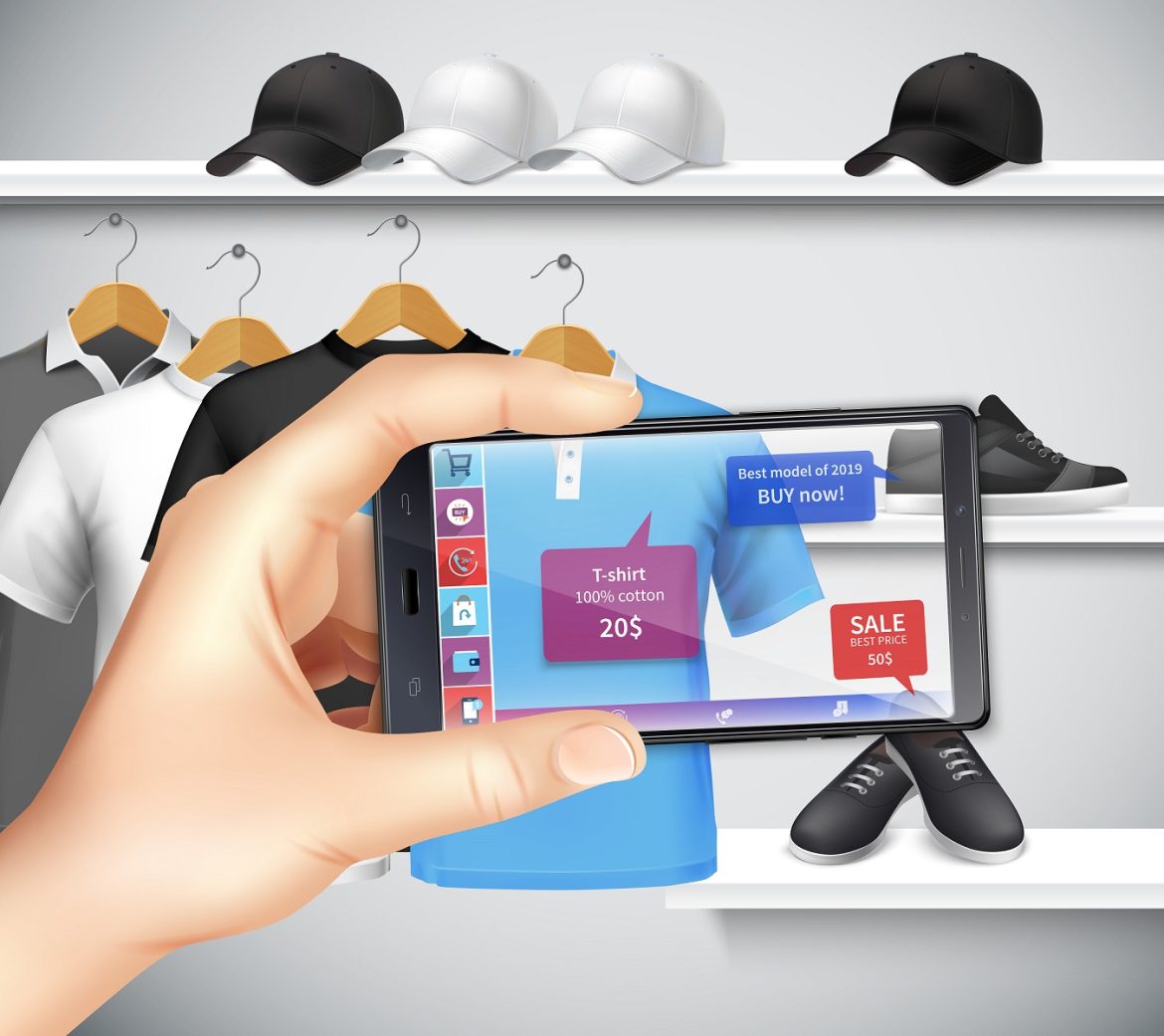In the ever-evolving world of e-commerce, the role of artificial intelligence (AI) and machine learning (ML) in creating personalized shopping experiences cannot be overstated. With a decade of experience in the field, we delve into the profound impact of these technologies on the way consumers shop and how businesses engage with their customers.
The Evolution of Personalization
Understanding Personalized Shopping
Personalized shopping is all about tailoring the shopping experience to individual preferences, needs, and behaviors. It involves providing product recommendations, content, and promotions that are highly relevant to each customer. This level of customization goes beyond the one-size-fits-all approach, making the shopping journey more enjoyable and efficient for consumers.
The Traditional Approach vs. AI-Driven Personalization
Traditionally, personalization relied on demographic data and basic user profiles. While this approach provided some level of customization, it often fell short in delivering truly personalized experiences. AI and ML have revolutionized personalization by analyzing vast amounts of data in real-time, allowing businesses to understand and predict individual preferences with remarkable accuracy.
The Role of AI and ML in Personalization
Harnessing Big Data
AI and ML algorithms thrive on big data. They can process and analyze enormous datasets, including past purchase history, browsing behavior, social media interactions, and more. This data-driven approach enables businesses to gain profound insights into their customers and their preferences.
Real-Time Decision Making
One of the remarkable aspects of AI-driven personalization is its ability to make real-time decisions. As a customer browses an e-commerce website, AI algorithms instantly assess their behavior and preferences, adjusting product recommendations and content on the fly. This dynamic responsiveness enhances the user experience and drives conversion rates.
The Benefits for Businesses
Increased Conversion Rates and Revenue
Personalization powered by AI and ML leads to higher conversion rates and increased revenue. When customers are presented with products and recommendations that align with their interests, they are more likely to make a purchase. Businesses that implement effective personalization strategies often see a significant boost in their bottom line.
Enhanced Customer Loyalty
Personalized shopping experiences foster customer loyalty. When customers feel understood and valued by a brand, they are more likely to return for future purchases. AI-driven personalization not only increases initial sales but also cultivates long-term relationships with customers.
The Consumer Experience
Tailored Product Recommendations
One of the most visible aspects of AI-driven personalization is the presentation of tailored product recommendations. When a customer logs into their favorite e-commerce platform, they are greeted with a selection of items curated just for them based on their past behavior and preferences. This level of personalization simplifies the shopping process and saves time for the consumer.
Content Customization
Beyond product recommendations, AI and ML also play a role in customizing content. Whether it’s blog posts, videos, or email marketing campaigns, these technologies enable businesses to deliver content that resonates with each individual customer’s interests. This not only keeps customers engaged but also encourages them to explore and discover more.
Challenges and Considerations
Data Privacy and Security
While AI and ML offer immense potential for personalization, they also raise concerns about data privacy and security. Businesses must handle customer data responsibly, complying with relevant regulations and implementing robust security measures to protect sensitive information.
Avoiding Over-Personalization
There is a fine line between effective personalization and over-personalization. Bombarding customers with excessive recommendations or content can be counterproductive and may lead to annoyance. Striking the right balance is essential to ensure a positive shopping experience.
The Future of Personalized Shopping
AI-Powered Chatbots and Virtual Assistants
The future of personalized shopping holds exciting developments, including AI-powered chatbots and virtual assistants. These intelligent systems will provide real-time assistance to customers, helping them find products, answer questions, and make informed decisions.
Hyper-Personalization through Predictive Analytics
As AI and ML continue to advance, predictive analytics will become even more accurate, enabling hyper-personalization. Businesses will be able to anticipate customer needs and preferences before customers are even aware of them, creating a seamless and delightful shopping experience.
Conclusion
In conclusion, AI and machine learning are driving a revolution in personalized shopping experiences. Businesses that leverage these technologies effectively stand to benefit from increased conversion rates, revenue, and customer loyalty. At the same time, consumers enjoy tailored product recommendations and content that make their shopping journey more convenient and enjoyable. However, it’s essential for businesses to navigate the challenges of data privacy and avoid over-personalization to maintain trust and engagement. As we look to the future, AI-powered chatbots, virtual assistants, and hyper-personalization are poised to take personalized shopping to new heights, further transforming the e-commerce landscape.

